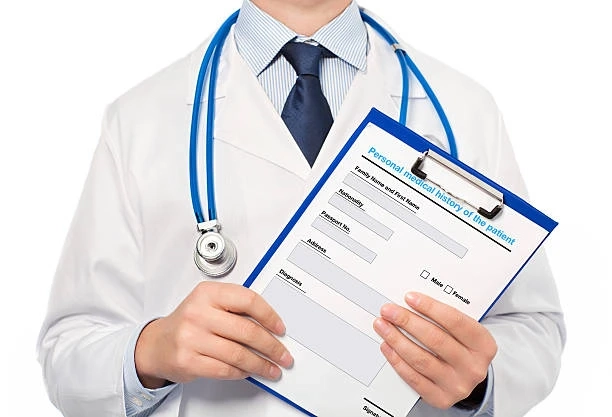Submitting a medical license application is a crucial step for any medical professional looking to practice in a particular state or country. The timing of this submission can significantly impact the efficiency and success of the process. Here are key factors to consider to determine the best time to submit your medical license application:
1. Understand the Licensing Requirements and Process
Before determining the best time to submit your application, it's essential to thoroughly understand the specific requirements and steps involved in obtaining a medical license in your desired location. Each state or country may have unique prerequisites, such as educational qualifications, examinations, background checks, and clinical experience.
2. Plan Ahead for Examination Schedules
Many medical licensing authorities require applicants to pass standardized exams, such as the United States Medical Licensing Examination (USMLE) or the Comprehensive Osteopathic Medical Licensing Examination (COMLEX-USA). These exams are often offered only at certain times of the year. Therefore, it's crucial to plan your Alabama medical license application submission around the availability of these exams to ensure that you have sufficient time to prepare, sit for the exam, and receive your results.
3. Consider Application Processing Times
The processing time for medical license applications can vary widely depending on the jurisdiction. Some states or countries may take several months to process an application, while others may take only a few weeks. It's essential to research the average processing times for your specific location and submit your application well in advance of when you intend to start practicing. This will help avoid delays that could impact your ability to begin work as scheduled.
4. Align with Residency or Fellowship Completion
For recent medical graduates, the completion of residency or fellowship programs is a common milestone that precedes obtaining a medical license. Submitting your application several months before the anticipated end of your training program is advisable. This timing ensures that your application is being processed while you are completing your final training requirements, allowing for a smoother transition into practicing independently once your training is complete.
5. Account for Background Checks and Verification Processes
Most medical licensing authorities require thorough background checks and verification of credentials, including educational history, residency training, and prior work experience. These verification processes can be time-consuming, especially if there are delays in obtaining transcripts, letters of recommendation, or other documentation. Starting your application process early will provide ample time to gather and submit all necessary documents and resolve any issues that may arise.
6. Prepare for Peak Application Periods
Certain times of the year may see a higher volume of medical license applications, such as the period immediately following medical school graduations or the end of residency programs. Submitting your application during these peak periods could result in longer processing times due to the increased workload on licensing authorities. To avoid delays, consider submitting your application during less busy times of the year, if possible.
7. Stay Informed About Changes in Licensing Requirements
Licensing requirements and processes can change over time. Staying informed about any updates or changes in the regulations governing medical licensure in your desired location is essential. Submitting your application promptly after confirming that you meet the latest requirements can help ensure a smooth and successful licensure process.
Conclusion
The best time to submit a medical license application is well in advance of your intended start date for practicing medicine. Consider factors such as examination schedules, application processing times, completion of training programs, and potential delays due to background checks and document verification. By planning ahead and staying informed, you can navigate the licensing process more efficiently and begin your medical practice without unnecessary delays.


